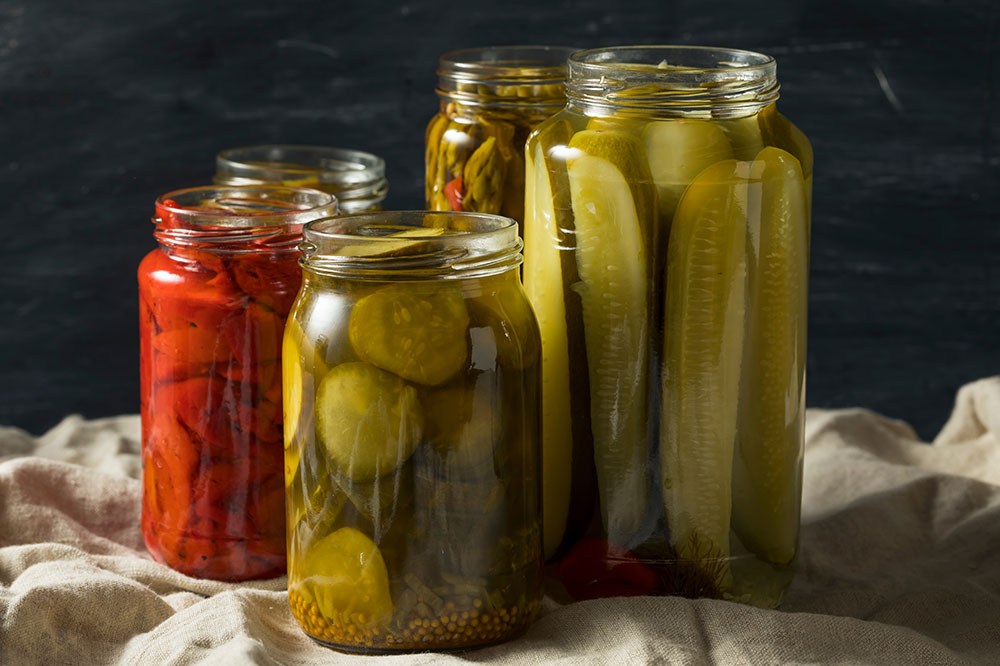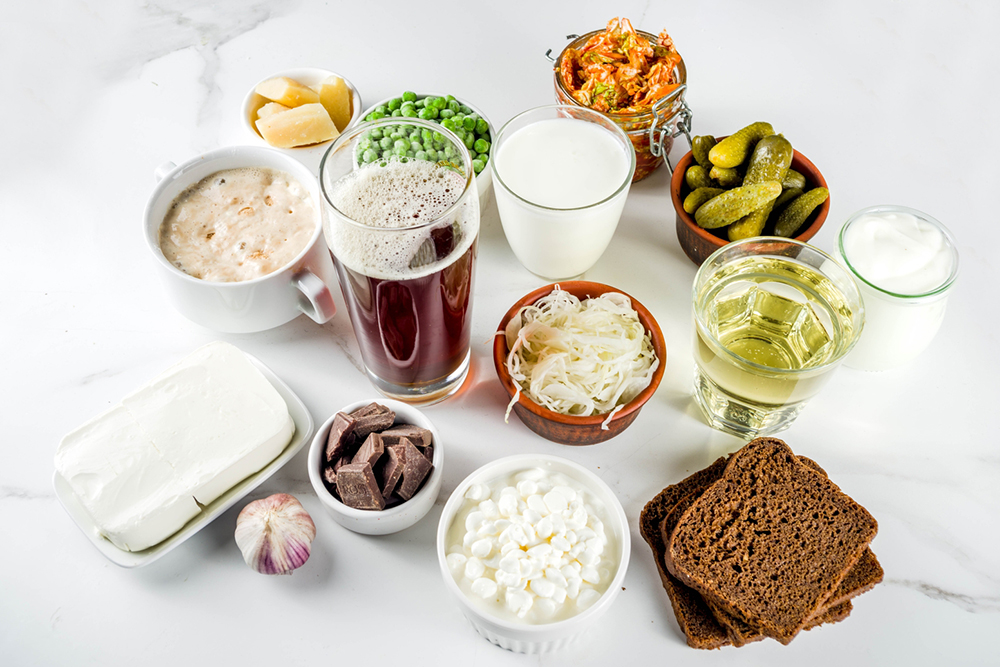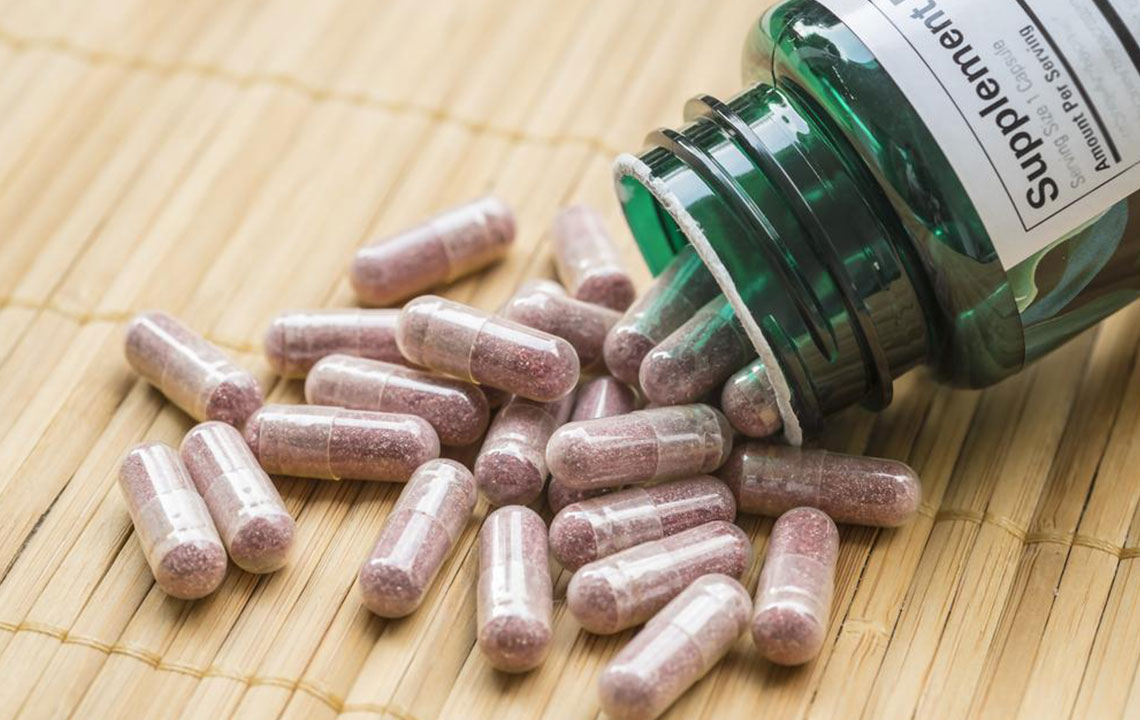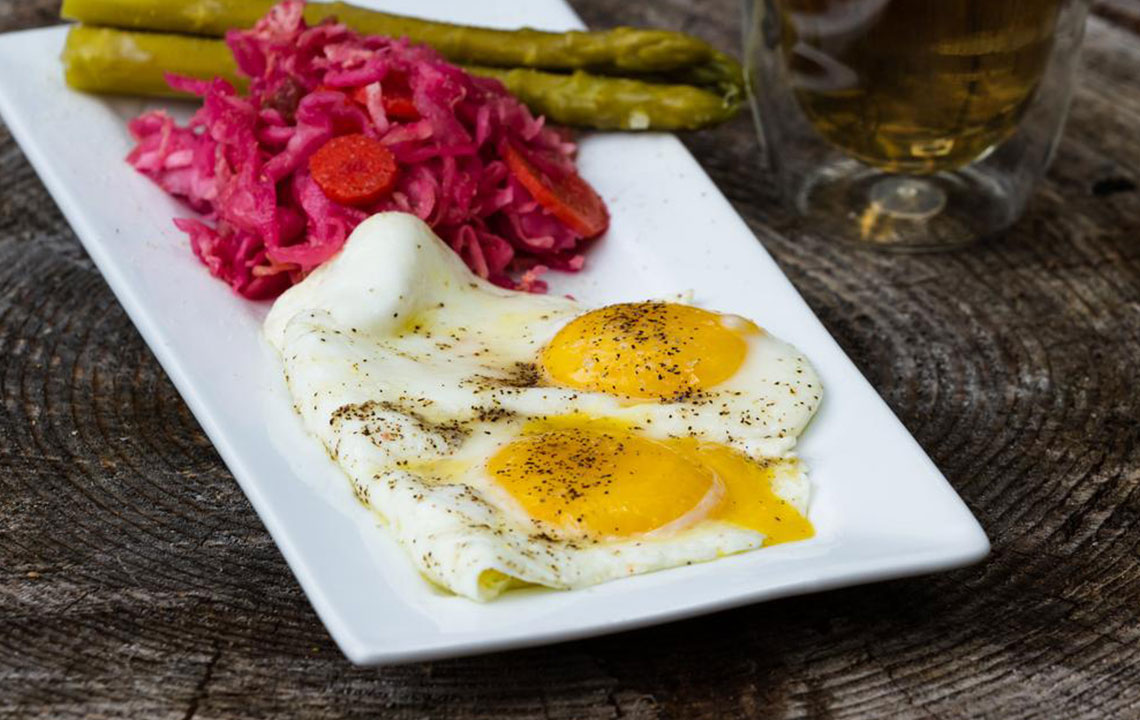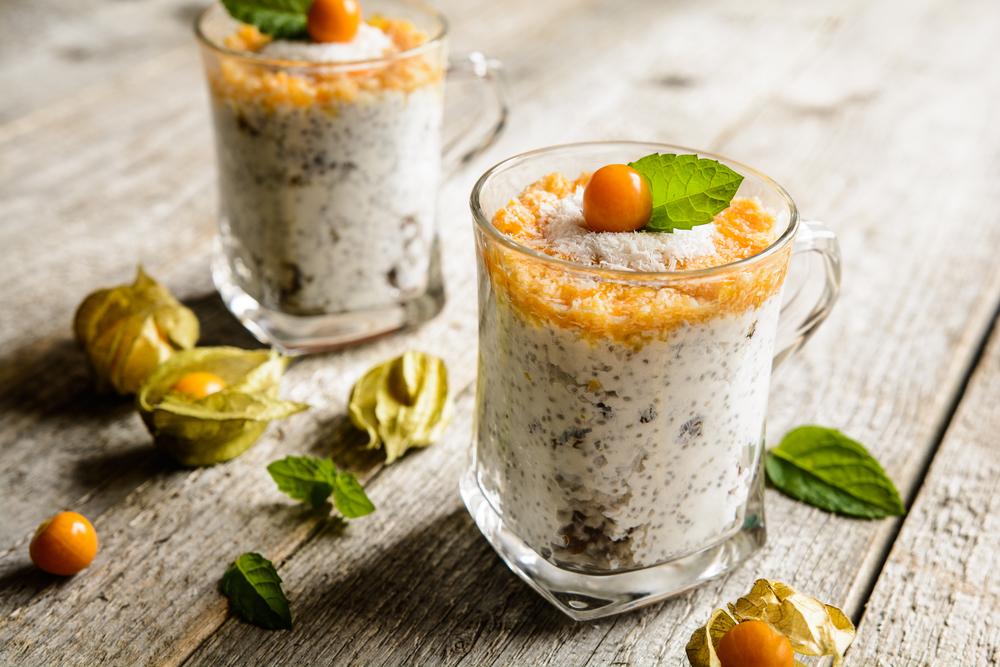Comprehensive Guide to Top Probiotic Foods for Improving Digestive and Overall Health
This extensive guide explores the best probiotic foods that support digestion, immunity, and overall health. Discover how foods like yogurt, kefir, kimchi, and fermented cheeses can improve your gut microbiome. Learn tips for incorporating these beneficial foods into your daily diet to maintain a balanced and healthy digestive system. A healthy gut is essential for overall wellness, and this article provides practical advice to enhance your well-being naturally through probiotic nutrition.
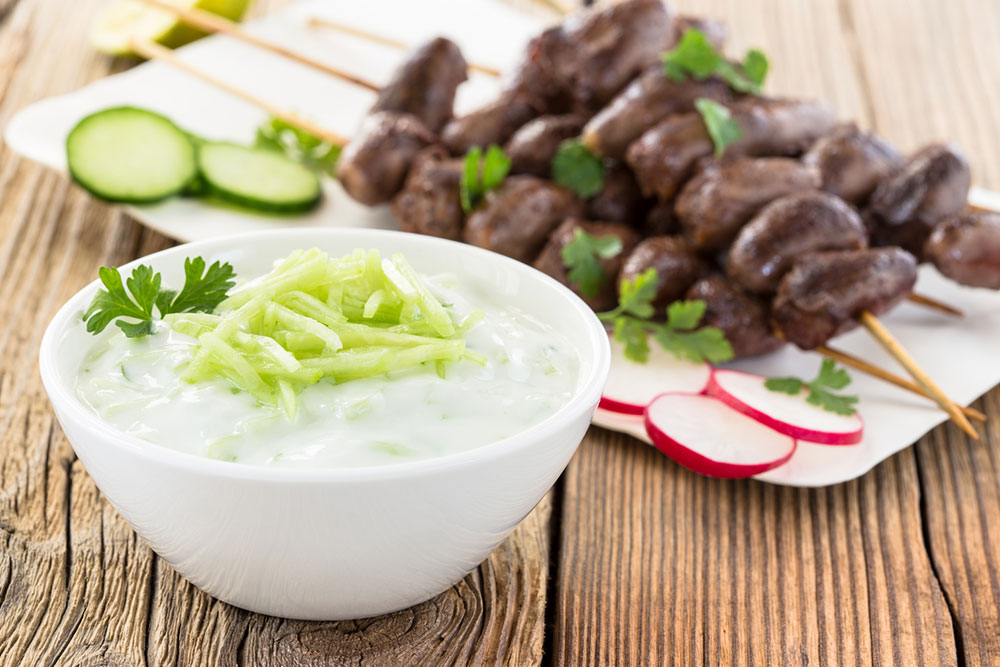
Comprehensive Guide to Top Probiotic Foods for Improving Digestive and Overall Health
Maintaining a healthy digestive system is essential for overall well-being, immunity, and metabolic efficiency. Incorporating probiotic-rich foods into your daily diet is an effective way to promote a balanced gut microbiome, which is crucial for optimal health. The gut microbiota, composed of a diverse array of beneficial and harmful bacteria, plays a pivotal role in digestion, nutrient absorption, immune response, and even mental health. When this balance is disrupted—due to stress, poor diet, medications, or illness—it can lead to gastrointestinal discomfort, infections, and decreased immunity. Therefore, understanding and consuming foods rich in probiotics helps maintain harmony in your gut flora, supporting better digestion, enhanced immunity, and overall vitality.
In this comprehensive guide, we will explore the best probiotic foods available, their health benefits, ways to incorporate them into your diet, and tips to maximize their advantages for long-term health. From everyday dairy products to fermented vegetables and beverages, these probiotic foods can seamlessly blend into your meals to improve gut health and promote a healthier lifestyle.
Why Are Probiotic Foods Important?
Probiotics are live microorganisms that, when consumed in adequate amounts, confer health benefits to the host. They help replenish and sustain the beneficial bacteria in your gut, thus ensuring a healthy microbial balance. A well-balanced gut microbiome supports efficient digestion, prevents the overgrowth of harmful bacteria, enhances immune responses, and even influences mental health through the gut-brain axis.
Many modern diets lack sufficient probiotic foods, especially with increased consumption of processed and fast foods. This imbalance can lead to digestive issues, weakened immune responses, fatigue, and a higher susceptibility to infections. Including probiotic foods regularly in your diet can mitigate these problems, restore gut health, and provide a natural boost to overall wellness.
Top Probiotic Foods to Include in Your Daily Diet
1. Yogurt
One of the most popular probiotic foods worldwide, yogurt is derived from fermented milk using beneficial bacterial strains such as Lactobacillus and Bifidobacterium. These probiotics aid in breaking down lactose, improving digestion, and balancing gut bacteria. Opt for plain, unsweetened yogurt to avoid added sugars, and consider adding fresh fruits, nuts, or oats for enhanced flavor and additional nutrients.
Many brands now offer probiotic yogurts specifically formulated for digestive health. Regular consumption can alleviate symptoms of bloating, gas, and constipation, while also boosting your immune system by promoting a robust gut flora.
2. Kefir
This tangy fermented milk drink has gained popularity for its rich probiotic content and versatility. Rich in a broad spectrum of beneficial bacteria and yeasts, kefir supports digestion, enhances immune response, and can be tolerated well by those with lactose intolerance due to its fermentation process. It can be enjoyed as a beverage, added to smoothies, or used in recipes to promote gut health.
3. Kimchi
Originating from Korea, kimchi is a spicy fermented vegetable dish, primarily composed of cabbage and radishes, seasoned with chili peppers, garlic, and ginger. It is packed with vitamins A, C, and K, and is renowned for its anti-inflammatory and antioxidant properties. Kimchi’s fermentation process encourages the growth of probiotics, aiding in digestion and strengthening immune defenses. Incorporate kimchi as a side dish, mix it into rice or noodle dishes, or use it as a flavorful topping.
4. Fermented Cheeses
Cheeses such as mozzarella, cheddar, and gouda can contribute to your probiotic intake, provided they contain live cultures. Look for labels indicating the presence of active fermentation or probiotic cultures. These cheeses not only add flavor to your meals but also support gut health by introducing beneficial bacteria. Regular consumption as part of your balanced diet can assist in maintaining a healthy microbiota.
5. Buttermilk
Cultured buttermilk is a traditional probiotic-rich dairy product that can bolster your gut health. It contains beneficial bacteria that promote digestion and nutrient absorption. Available in most grocery stores, cultured buttermilk can be consumed plain, blended into smoothies, or used in cooking and baking.
6. Apple Cider Vinegar
Although not a probiotic itself, raw, unfiltered apple cider vinegar contains beneficial enzymes and acetic acid, which can promote gut health. Including a small amount daily—diluted in water—can improve digestion, support weight management, and increase metabolism. Its use as a salad dressing or in marinades is an easy way to incorporate apple cider vinegar into your diet.
7. Kombucha
This fizzy fermented tea beverage made from green or black tea, sugar, yeast, and bacteria has been praised for its gut-healing properties. Rich in probiotics, antioxidants, and organic acids, kombucha can help balance intestinal flora, reduce inflammation, and potentially lower the risk of diabetes and cardiovascular diseases. It’s especially helpful during episodes of stomach upset or to support overall digestive health. Choose natural, minimally processed varieties for the best benefits.
8. Sourdough Bread
Sourdough bread is made through a fermentation process involving wild yeast and bacteria, which can introduce beneficial microbes into your diet. Opt for freshly baked, traditional sourdough bread over commercially processed options to enjoy its probiotic benefits. It’s a delicious staple that can support digestion when included in a balanced diet.
9. Fermented Pickles
Pickles made through natural fermentation in saltwater—rather than vinegar-based preservation—are rich in live bacteria that support gut health. Look for labels indicating natural fermentation and avoid pickles that are simply soaked in vinegar, as they lack probiotic benefits.
10. Bananas
Bananas naturally contain resistant starch and beneficial microorganisms, which support the growth of healthy bacteria in your gut. Eating a banana daily can help improve digestion, increase nutrient absorption, and promote a balanced microbiota. They are also a convenient snack option for maintaining gut health on the go.
Tips to Maximize the Benefits of Probiotic Foods
Incorporate a variety of probiotic foods into your diet to ensure a diverse microbiome.
Pair probiotic foods with prebiotic foods—such as garlic, onions, and whole grains—that serve as fuel for beneficial bacteria.
Maintain a balanced diet rich in fiber, fruits, and vegetables to support microbial diversity.
Avoid excessive use of antibiotics unless prescribed by your healthcare provider, as they can disrupt your gut flora.
Stay hydrated and manage stress, both of which have beneficial effects on gut health.
Conclusion
Prioritizing probiotic-rich foods in your daily diet is a natural, effective way to support gut health, strengthen immunity, and enhance overall wellness. From probiotic yogurts and kefir to fermented vegetables like kimchi and pickles, these foods offer a variety of flavors and health benefits. Cultivating a balanced gut microbiome ensures optimal digestion, resistance to infections, and a healthier, happier life. Start incorporating these foods today and enjoy the long-term health benefits they provide.
